Migration is becoming an important area of bilateral and multilateral diplomatic relations. Examples include intergovernmental agreements to limit, or encourage migratory flow, the preferential treatment to certain foreign nationals, the creation of temporary labor migration laws, and so on. However, the term migration diplomacy can go beyond agreements between states to include diplomatic tools states use in order to extract benefits from other states. It is linked to how cross-border populations’ flow is linked to states’ diplomatic goals. Accordingly, states can leverage their position in the migratory process. In this regard, states can either be considered a Sending state, a Receiving state “also known as destination countries” or a Transit state. Sending countries are usually under-developed ones from which people tend to migrate from due to a myriad of “push factors” such as social, cultural, economic and even climate change reasons; diplomacy in this case is to be called Emigration diplomacy. Receiving countries are the more developed ones to be targeted as destination for immigrants wishing to find better living condition; hence, Immigration diplomacy. Finally, Transit countries are considered an intermediary solution to those who flee their countries of origin aiming to reach another country. However, for some reasons, mainly geographical ones, they tend to settle in a ‘third state’ for temporarily as a transit for their final destination.
In this analysis, it will be discussed how migration diplomacy can be useful especially for transit states who can always leverage on their geographical positions by obtaining concessions from receiving states who which to stop migratory flows from reaching either their shores or their borders. At the first part, it will be demonstrated how have some transit states benefitted from their position. At the second part, the Tunisian case will be discussed. Tunisia, as a vital corridor for Sub-Saharan emigrants aiming for reaching European borders through the Italian shores, falls under the umbrella of a transit state. Given its current severe economic situation, Tunisia can grab the opportunity and use migration flows as a source of income rather than scapegoating them for the country’s problems.
The Relative Power of Transit Countries
Aiming for keeping people in their countries of origin and stopping them from moving, potential countries of destination opt for cooperating with transit countries. Cooperation is sought through various means, including aids of development, financial, logistical and material support required for extending migration control. The denominator of such cooperative approaches is that potential receiving countries are willing to spend substantial amounts of money outside their borders in order to prevent migrants and refugees from entering their territories. This can mean stopping people from leaving the country of transit they have already arrived to, or even letting them return to their countries of origins voluntarily. Despite the fact that the concept of a transit country in itself holds a Eurocentric connotation, some countries in the Global South started to adopted it for their own benefit.
A clear example for this is the European Union’s agreement with Türkiye known as the Migration Act reached in March 2016. The deal stipulated that migrants who attempt to enter Greek soil would through the Turkish corridor would be returned to Türkiye. Ankara, from its side would take measures in order to prevent new migratory routes form being opened towards countries of the European Union. In exchange for that, the European Union would resettle Syrian refugees arriving from Türkiye on a one-to-one basis. This example shows how the two sides are acting according to a rationalist national interest driven approach. The European Union was willing to pay 6 billion euros in aid to Türkiye in return. While Türkiye, the transit country, was able to play the “migration diplomacy” game in a professional manner. From that deal, Ankara would receive a reduced visa restrictions for its citizens, receive the aforementioned 6 billion euros as an aid for Syrian migrant communities, update the customs union, and re-energize the stalled talks with regard to Turkish accession to the European Union. Ankara’s rationale for the deal was at least based on an expectation that the regime of Syrian President Al-Assad would fall soon and the influx of migration would not last long hence, extracting as much benefits from a crisis that won’t last long. It was not only about the tangible benefits gained by the Turkish government in return, but it was also about the Turkish President’s motivation pushed by internal political pressures; months later, he faced a failed coup attempt. Till 2020, Erdogan capitalized on his country’s status as a transit country when he threatened European states, due to tensions over the Syrian matter, to “open the doors” for Refugees in Turkish camps to reach Greek borders in a bid to pressure European countries into supporting the Turkish role in the conflict in Syria.
Serbia is another country who can be described as manipulating the migration card subtly. Tensions with the European Union coupled with enlargement fatigue which led to losing hope in joining the bloc any soon pushed Belgrade’s reduced incentives to conform with EU regulations and conditions on migration regulations, foreign policy and domestic democratic governance. Recently, Serbia was accused by European capitals of reopening the Western Balkans corridor in the face of North African migrants aiming at reaching European soils. Disagreements between Belgrade and the EU have been revolving around the lack of any development concerning accession negotiations to the European Union and disagreements over the system of sanctions imposed on Moscow. In this regard, Serbia’s intentions are to leverage the geopolitical advantage and send a message to EU countries who are standing in the face of the enlargement, mainly France and the Netherlands, that they cannot keep Balkan countries away from the bloc indefinitely and that Belgrade has in its hands a card which can be waved to get some concessions from its neighbors.
Accordingly, it can be seen how transit countries can leverage geopolitical moments when they find themselves in a situation allowing them to gain as much diplomatic aims as they can. Migration diplomacy is then a game which should be played shrewdly by political leaders who hold the role of finding a gain in each crisis. In the same vein, the coming section will discuss how can the Tunisian government capitalize on its current position as a transit country, especially in the meantime in which the country is witnessing severe economic conditions.
Tunisia as a Transit Country
Recent comments by Tunisian president Kais Al-Saied about African migrants coupled with the dire economic situation the country is going through has brought the world’s attention to the North African country. President Saied made an extraordinary remark that those people coming from African countries to Tunisia are part of a conspiracy theory aimed at changing the demographics of the country, which is made up predominantly of an Arab-Muslim culture. The president’s comments have triggered international criticisms and led The UN Committee on the Elimination of Racial Discrimination (CERD) to call on the Tunisian government to publicly condemn the hate speech against Sub-Saharan migrants. Many analysts believe that the worsening economic conditions in Tunisia as exacerbated in the last years due to the pandemic and the war in Ukraine were triggering for the Tunisian president to use Migrants as a scapegoat. However, expertise with the situation of the international arena could have left the Tunisian government with a better option. Following the Turkish and the Serbian examples, the Tunisian government can leverage on the issue by trying to get benefits from European countries who would offer much in return for the sake of preventing waves of migrants from reaching their shores.
Tunisia, is considered an immigrant and transit country for migrants coming mainly from Maghreb and Sub-Saharan African countries who use Tunis as a corridor for their targeted final destination in Europe. According to available data by the Tunisian Security and defence forces, at least 2,722 foreign migrants along the country’s coastline and offshore were intercepted in 2020, compared to 1,257 in 2019. Italian authorities have also recorded an almost similar increase with 1,816 foreigners fleeing Tunisia in 2020 heading to European coasts compared with 979 in 2019. A surge has been detected in 2021 with a rise in transit migration as Tunisian authorities announced the arrest of 7,063 foreigners along the Tunisian offshore. In the same period, the authorities in the Italian coastline intercepted around 3,700 foreign migrants transited in Tunisia. Despite the fact that available data are not enough on the matter, the numbers provided by both Italian and Tunisian authorities indicate that the majority of transit migrants arriving from Tunisia to European shores are nationals from Cote d’Ivoire, Cameroon, Burkina Faso, Guinea, Mali. Chad, Niger, Ghana, Sudan, Somalia, Gambia, Morocco, Algeria, Iraq and Syria.
Research show that for those who arrived to Tunisia, especially from countries of Sub-Saharan Africa which is considered Tunisia’s highest provider of transit migrants, tend to prefer to leave the country in the long-term. Data from Sub-Saharan respondents indicate that Tunisia was their initial destination. However, after some time it became considered only as a temporary solution till they find their route to Europe. According to shown data conducted in 2018, even though the higher number intended to stay in Tunisia for the next six months following data collection, responses began to lean towards leaving the country when the duration was stretched to twelve months.
Given the above data coupled with the economic situation in Tunis, it is the time for the North African country to capitalize on the geopolitical moment by negotiating deals with its European neighbors who would be willing to pay “outside their territory” to prevent the crisis from reaching them. Cooperation on the matter of irregular migration between the EU and Tunisia is already present in cases such as externalization of EU migration policies such as “the criminalization of irregular migration through Organic Law 1968-7, 1975-40 and 2004-6” which aims at regulating the entry, stay and exit of foreigners as well as fining and imprisonment of any non-citizens who enters Tunisia without authorized papers. Policy outsourcing also includes externalization of migration controls to Tunisia through using financial assistance provided by the EU to Tunisia. The Tunisian government needs to seize the geopolitical moment which could pay off in the form of cash and legitimacy. European leaders started to show interest Tunisia; namely, the Italian prime minister Georgia Meloni who have paid a visit to Tunis in January 2023 to discuss the issue of migration. There does not seem to be a plan put by the government, however, it seems that the surge in migration flow coming to Tunisia and expected to reach Europe represents an asset for the government in Tunis in the midst of an economic crisis. In 2021, the Italian government pledged to commit up to 200 million Euros to finance projects in Tunisia as an incentive to keep its borders shut. The same can happen today, Western governments can be incentivized to pay the North African country, especially with the complicated negotiation process with the IMF, to keep migrants away from Europe. By this, win-win situation will emerge in which both sides will gain.
References
Adamson, Fiona B, and Gerasimos Tsourapas. “Migration Diplomacy in World Politics.” International Studies Perspectives, 2019. https://doi.org/https://academic.oup.com/isp/article/20/2/113/5253595
Phillips, Antje Missbach Melissa, Stuart Lau, Fiona McKenzie, and Matthew Dal Santo. “Migration: The Bargaining Power of Transit States.” Lowy Institute, September 19, 2018. https://www.lowyinstitute.org/the-interpreter/migration-bargaining-power-transit-states
Welle, Deutsche. “Erdogan Warns ‘Millions’ Heading to Europe – DW – 03/02/2020.” dw.com. Deutsche Welle, March 2, 2020. https://www.dw.com/en/erdogan-warns-millions-of-refugees-heading-to-europe/a-52603580.
Meddeb, Hamza. “Leveraging Lives: Serbia and Illegal Tunisian Migration to Europe.” Carnegie Middle East Center, 2023. https://carnegie-mec.org/2023/03/20/leveraging-lives-serbia-and-illegal-tunisian-migration-to-europe-pub-89315
Abdelhadi, Magdi. “Kais Saied: Why Tunisia’s President Picked on Sub-Saharan African Migrants.” BBC News. BBC, March 13, 2023. https://www.bbc.com/news/world-africa-64913796
Journalists and editors, The North Africa Post. “UN calls on Tunisia’s Kais Saied to end the hate speech & violence against African migrants.” The North Africa Post, April 4, 2023. https://northafricapost.com/66612-un-calls-on-tunisias-kais-saied-to-end-hate-speech-violence-against-african-migrants.html
Johnson, Daniel. “Empty Shelves and Rising Prices Linked to Ukraine Crisis Push Tunisians to the Brink | UN News.” United Nations. United Nations, 2022. https://news.un.org/en/story/2022/09/1129097#:~:text=Twitter%20Print%20Email-,Empty%20shelves%20and%20rising%20prices%20linked%20to,push%20Tunisians%20to%20the%20brink&text=For%20many%20Tunisians%2C%20shortages%20of,ve%20been%20telling%20UN%20News
Herbert, Matt. “Losing Hope – Global Initiative.” The Global Initiative Against Transnational Organized Crime, 2022. https://globalinitiative.net/wp-content/uploads/2022/01/GI-TOC-Losing-Hope_Tunisia-Report-2021.pdf.
Initiative, Reach. “From Transit to Destination − Tunisia Has Become a De Facto Destination for Sub-Saharan Migrants.” REACH, May 7, 2019. https://www.reach-initiative.org/what-we-do/news/tunisia-has-become-a-de-facto-destination-for-sub-saharan-migrants/
Ensari, Pinar, Camille Kasavan, and Elenore Thenot. “Mignex Background Paper: Migration-Relevant Policies in Tunisia – Tunisia.” ReliefWeb, March 15, 2023. https://reliefweb.int/report/tunisia/mignex-background-paper-migration-relevant-policies-tunisia



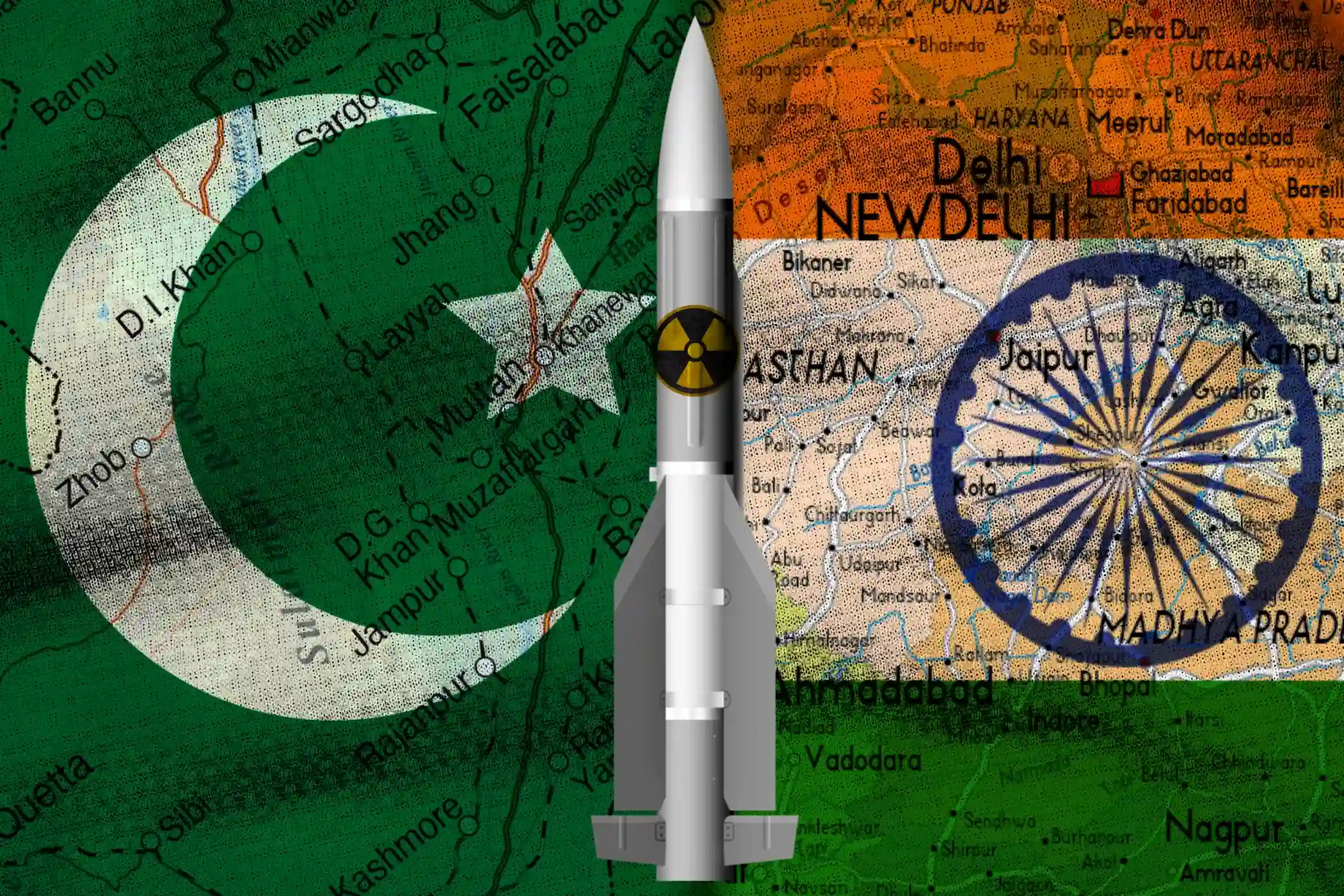






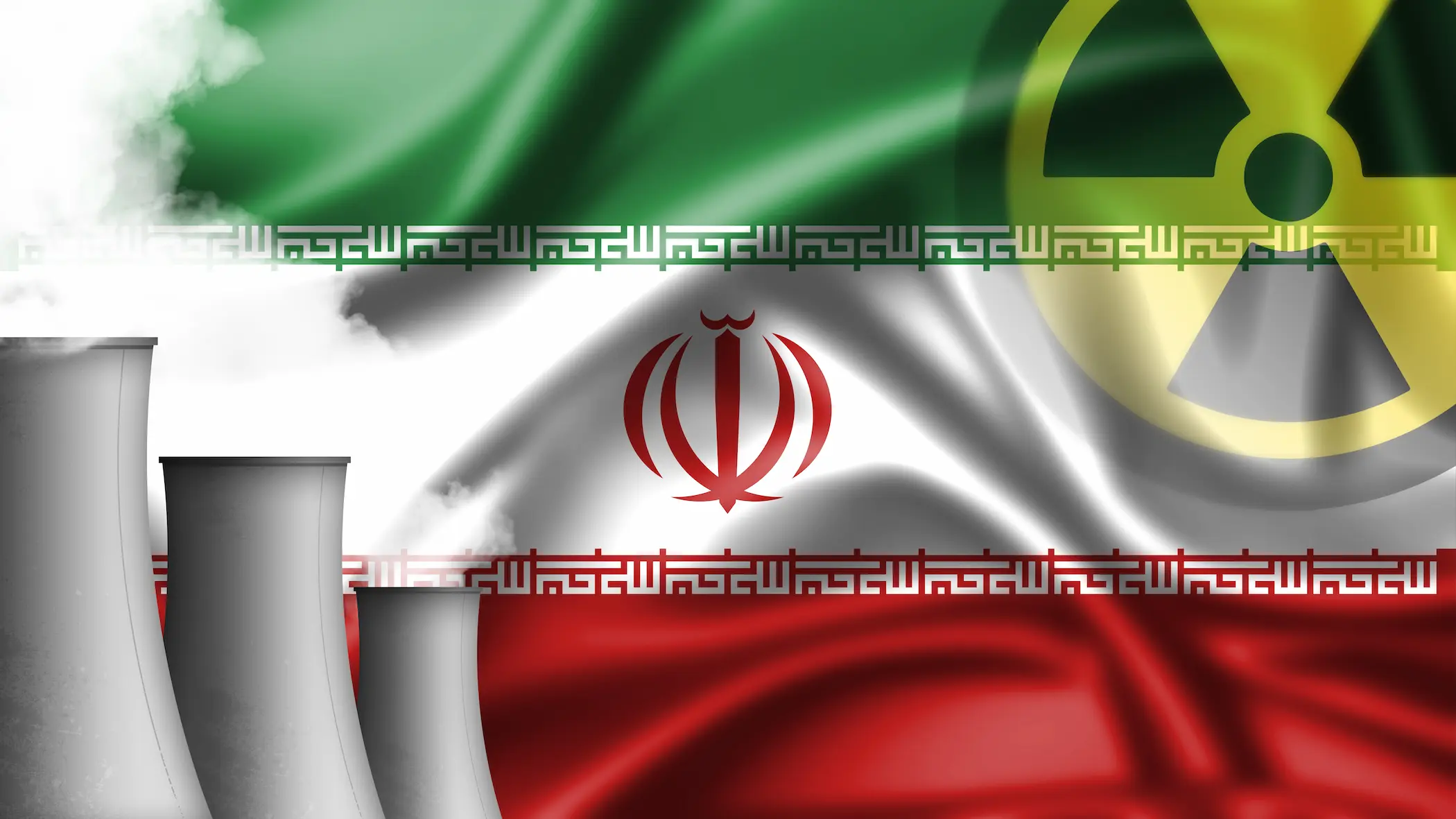

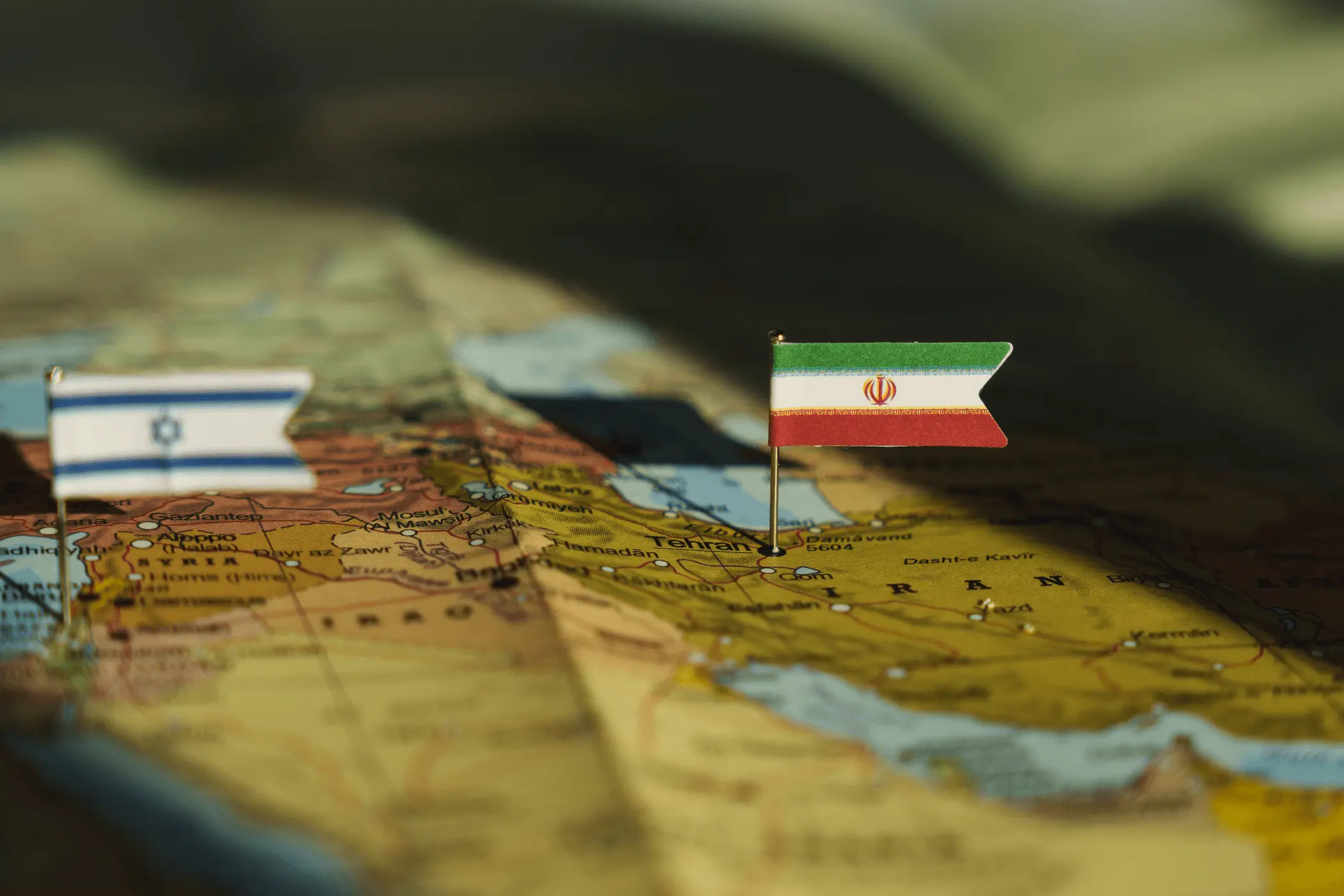


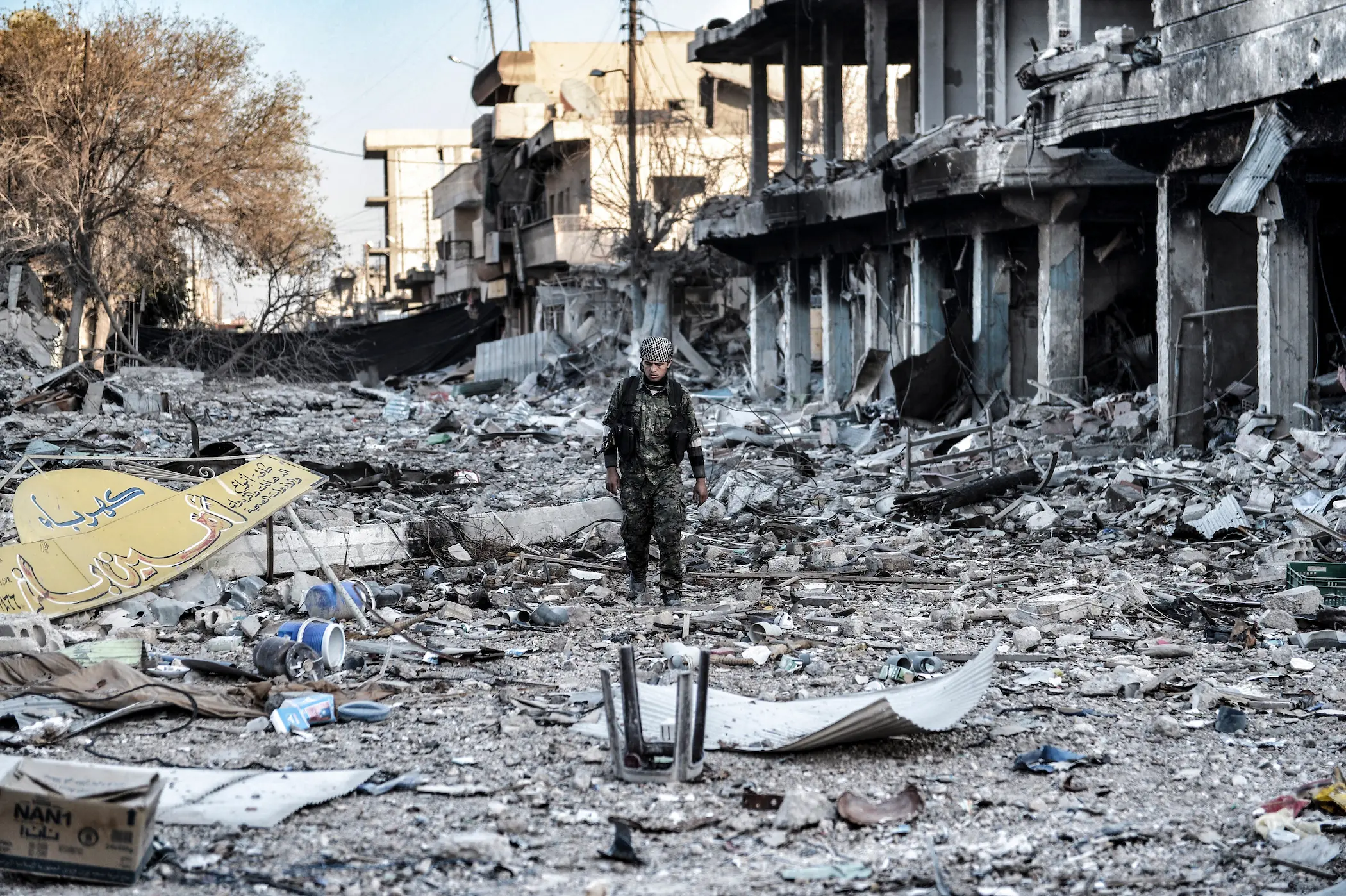
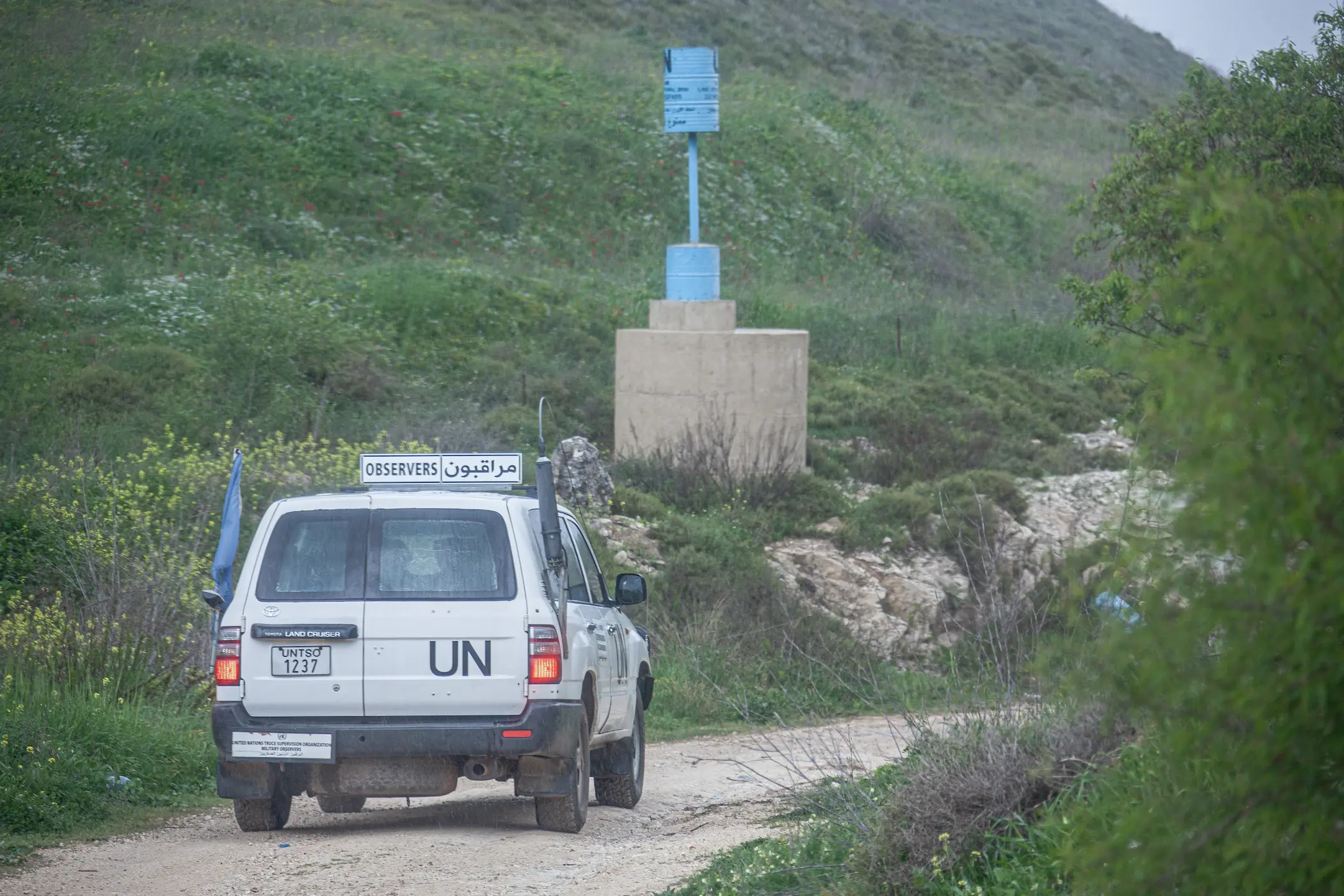
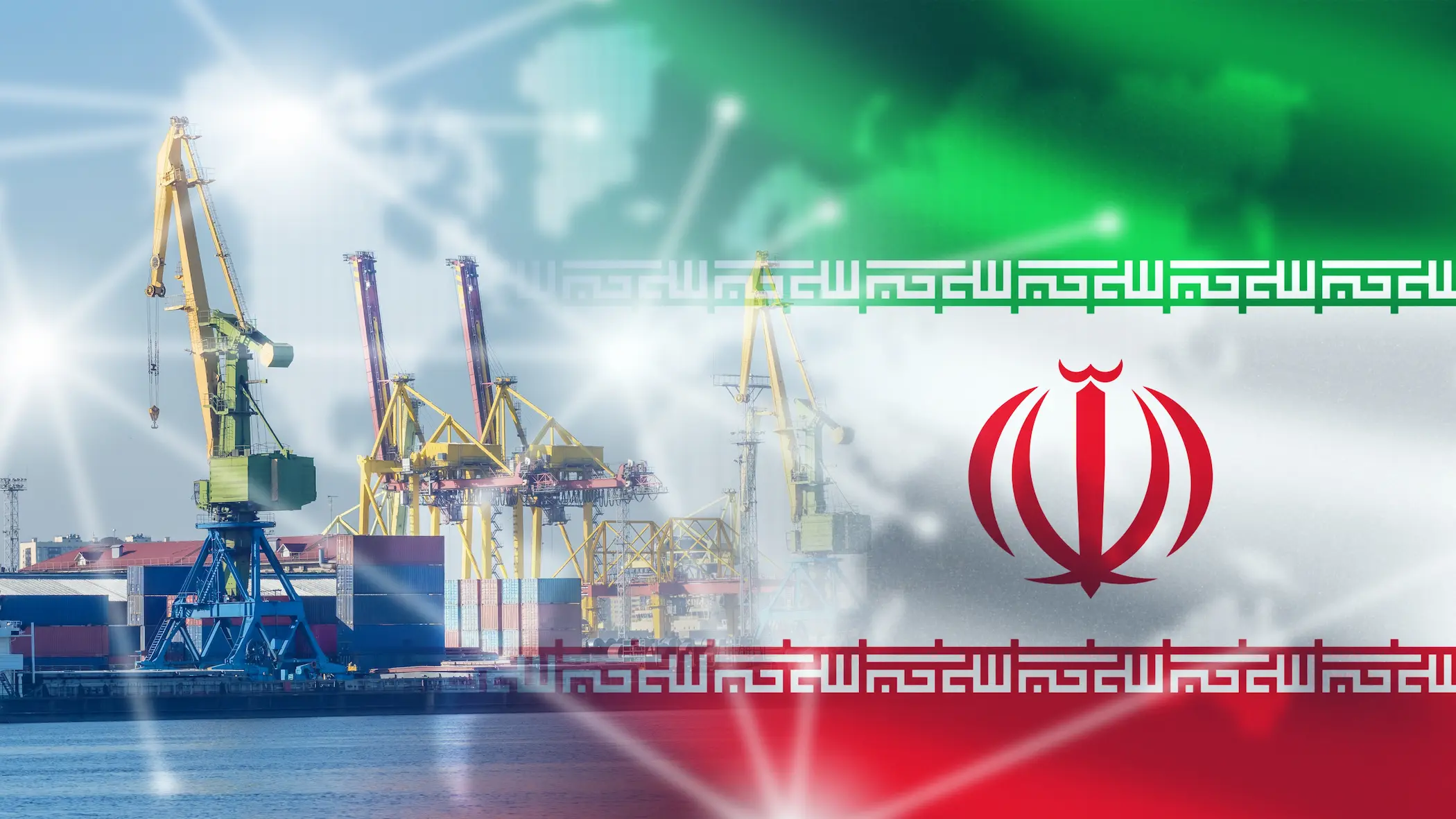




Comments